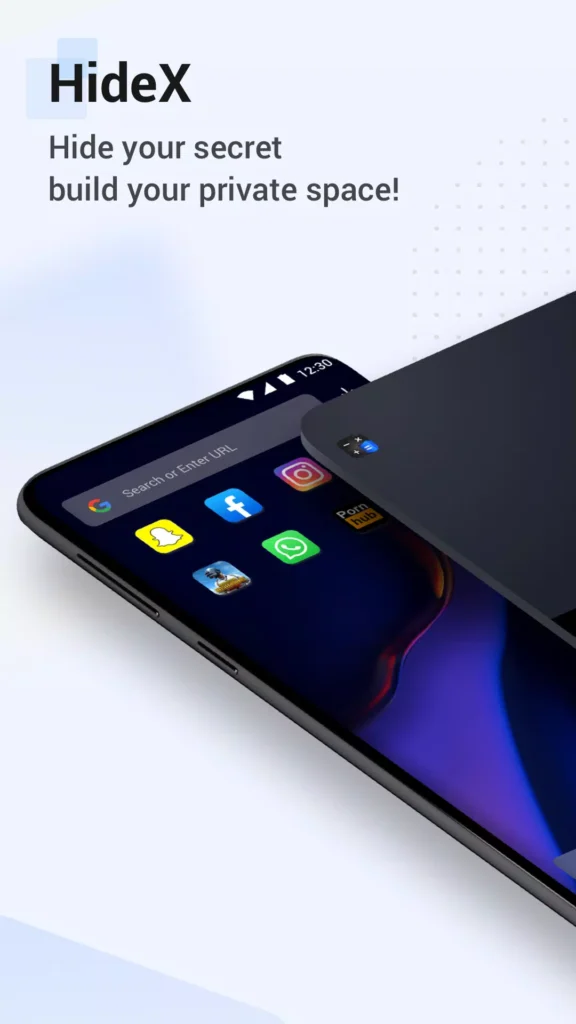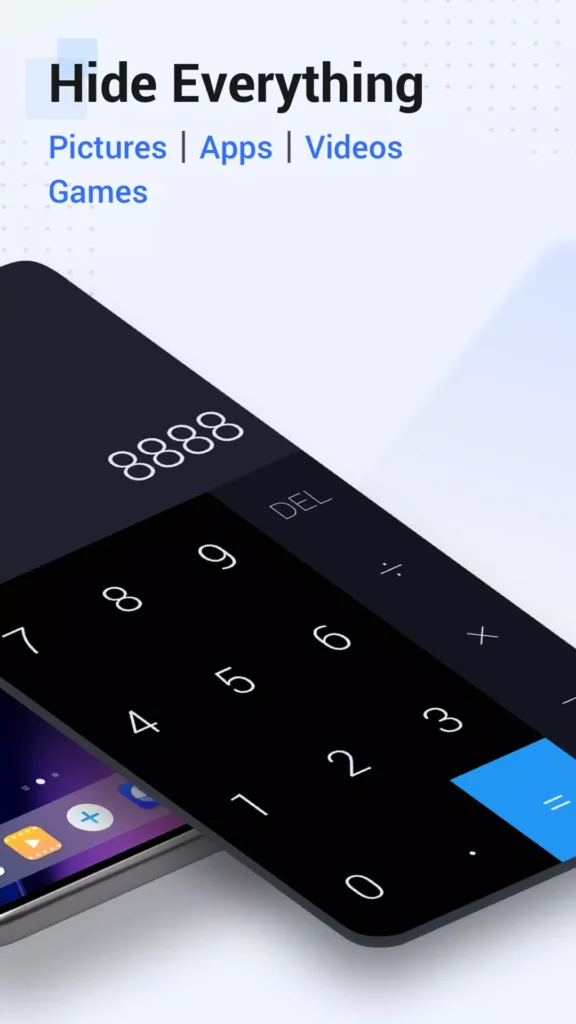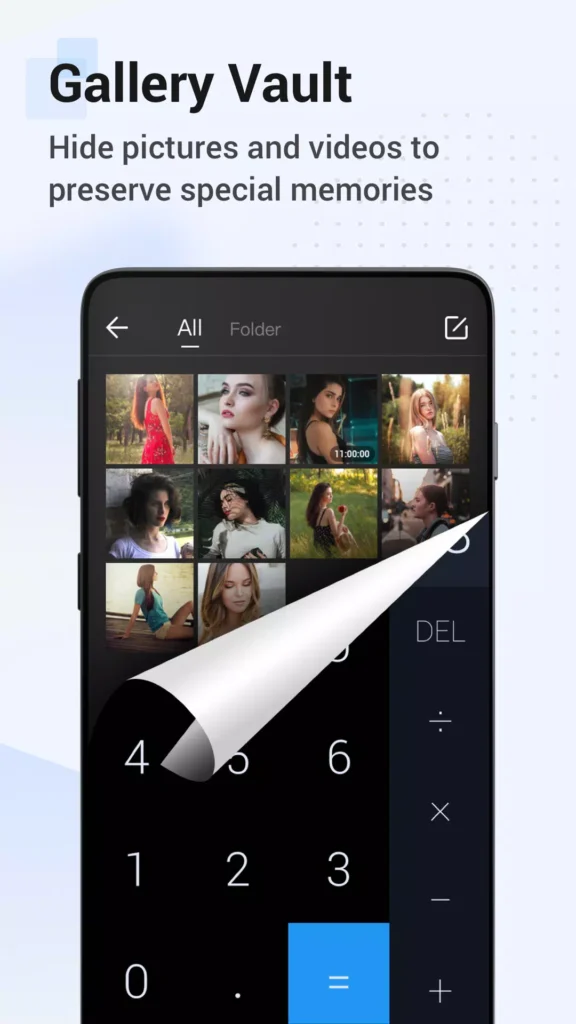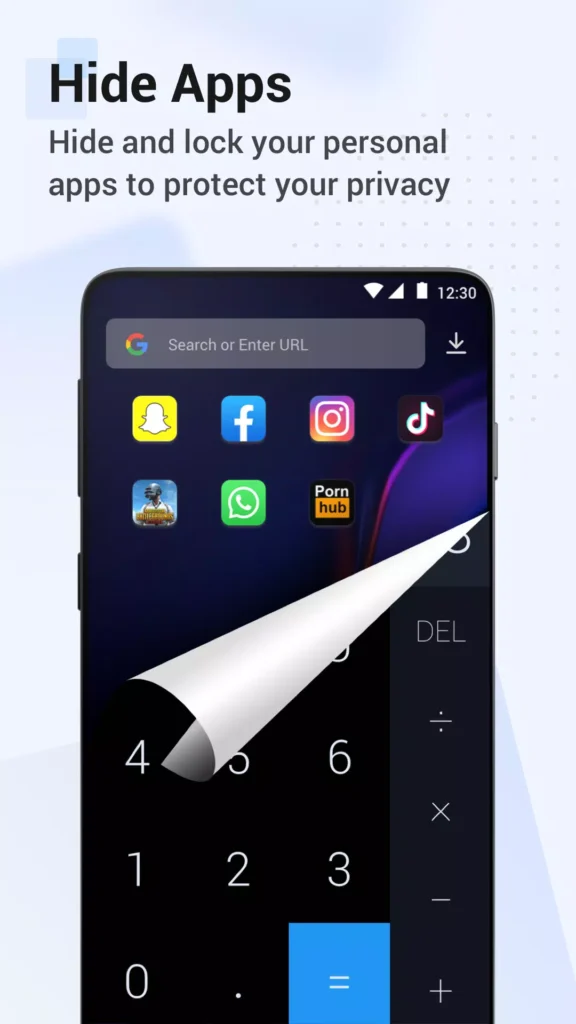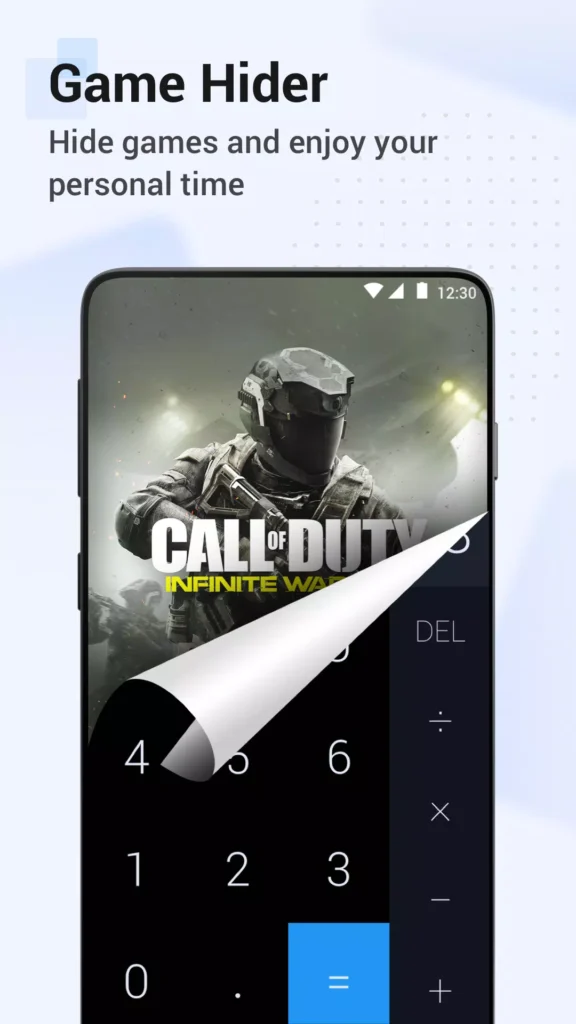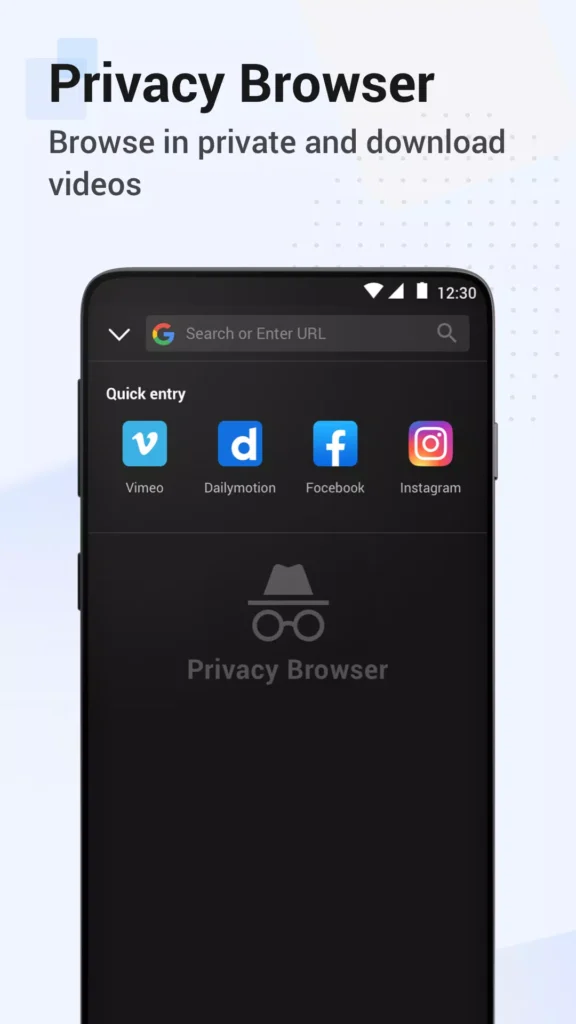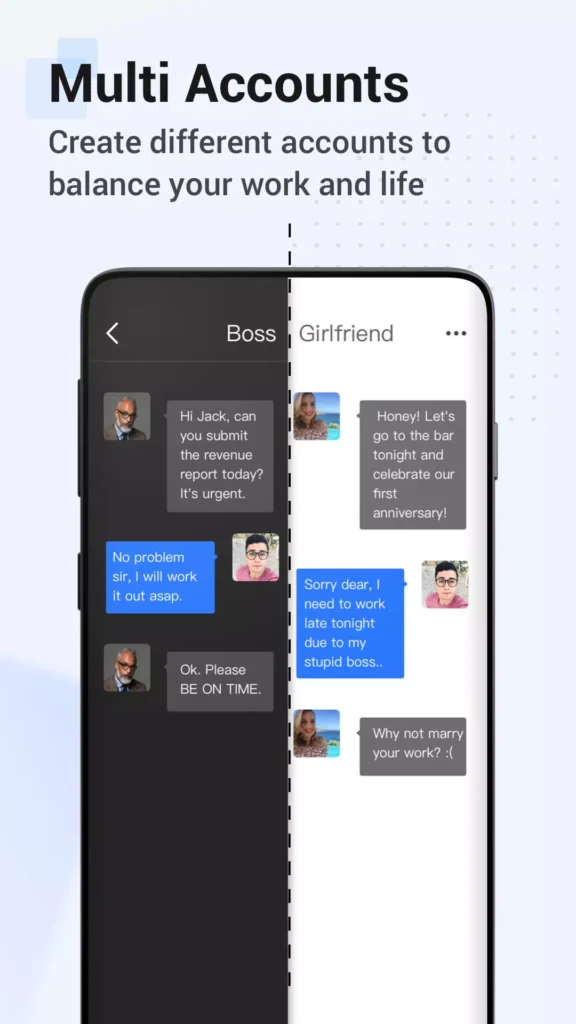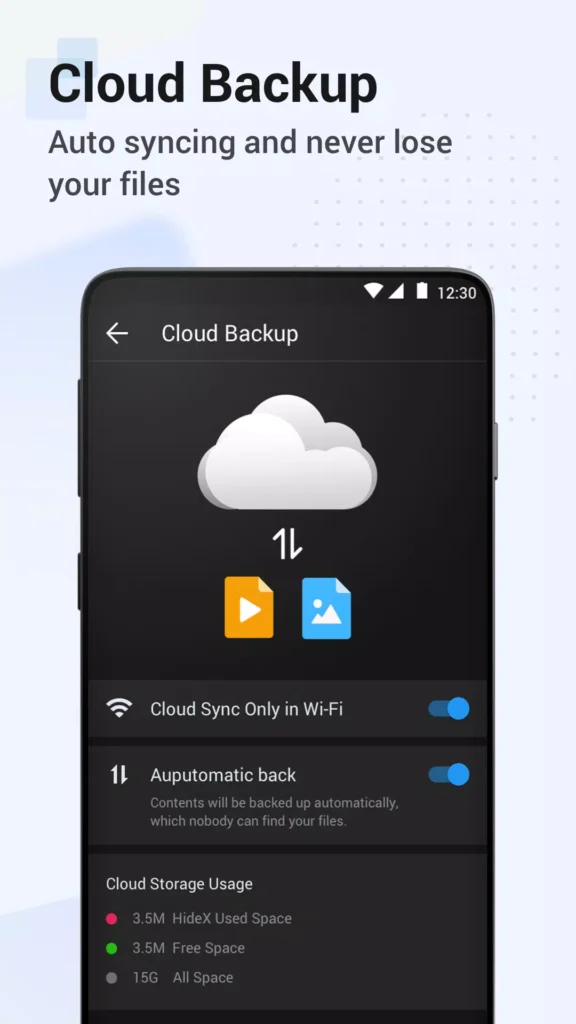Understanding Mobile Privacy and Security
Smartphones have become an integral part of our lives, storing a vast amount of our personal data, including photos, documents, and various multimedia files. With the rise of smartphone use, ensuring the privacy and security of our data has become more important than ever. Both major operating systems, Android and iOS, offer various tools and features to help users protect their information.
The Importance of Mobile Privacy and Security
Protecting personal data on smartphones is crucial for several reasons. Unauthorized access to your phone can lead to identity theft, financial loss, and exposure of sensitive information. Ensuring your smartphone’s security helps safeguard your privacy, protect your data from malicious attacks, and maintain your peace of mind.
Methods for Enhancing Mobile Privacy
Using Built-in Phone Security Features
Smartphones come with built-in security features that provide the first line of defense against unauthorized access. These features include:
- Screen Locks: Utilize PIN codes, passwords, or biometric authentication (fingerprint or facial recognition) to secure your device.
- Encryption: Enable encryption to protect your data from being accessed by unauthorized individuals.
App Lockers
App lockers allow you to add an extra layer of security to specific apps on your phone. By setting passwords or biometric locks on apps such as messaging, email, and social media, you can prevent unauthorized access to your sensitive information.
Photo Vaults
Photo vaults are designed to keep your private photos and videos secure. These apps encrypt your media files and store them in a hidden, password-protected folder. This ensures that your personal memories remain private, even if someone gains access to your phone.
VPNs for Secure Browsing
A Virtual Private Network (VPN) is an essential tool for secure internet browsing. It encrypts your internet connection, protecting your online activities from hackers and surveillance. VPNs also enable you to access geo-restricted content and blocked websites, providing a safe and anonymous browsing experience.
Managing App Permissions
Be cautious about the permissions you grant to apps on your smartphone. Only allow permissions that are necessary for the app to function. Regularly review and revoke permissions for apps that no longer require them. This minimizes the risk of apps accessing your personal data without your knowledge.
Benefits and Drawbacks of Different Privacy Methods
- Built-in Phone Security Features
- Benefits: Easy to set up, integrated with the phone’s operating system, and provides a strong first line of defense.
- Drawbacks: May not be sufficient to protect all types of data and activities.
- App Lockers
- Benefits: Provides additional security for specific apps, easy to use, and customizable.
- Drawbacks: Can be cumbersome to unlock individual apps repeatedly.
- Photo Vaults
- Benefits: Keeps private photos and videos secure, encrypts media files, and provides a hidden storage location.
- Drawbacks: May require additional steps to access and manage files.
- VPNs
- Benefits: Encrypts internet connection, protects online activities, and allows access to restricted content.
- Drawbacks: Can slow down internet speed and may require a subscription for premium services.
- Managing App Permissions
- Benefits: Reduces the risk of unauthorized access to personal data, improves overall privacy.
- Drawbacks: Requires regular review and management of app permissions.
People Also Ask
Why is mobile privacy important?
- Mobile privacy is important to protect personal data, prevent identity theft, and safeguard sensitive information from unauthorized access.
How can I enhance my smartphone’s security?
- Use built-in security features like screen locks and encryption, install app lockers and photo vaults, use a VPN for secure browsing, and manage app permissions.
Are VPNs necessary for mobile security?
- VPNs are not mandatory, but they provide an additional layer of security by encrypting your internet connection and protecting your online activities.
How do app lockers work?
- App lockers allow you to set passwords or biometric locks on specific apps, preventing unauthorized access to your sensitive information.
What should I do if my phone is stolen?
- Immediately lock your phone remotely using the find my device feature, report the theft to your service provider, and change passwords for accounts linked to your phone.
Final Thoughts
Ensuring the privacy and security of your mobile data is essential in today’s digital age. By utilizing built-in phone security features, app lockers, photo vaults, VPNs, and managing app permissions, you can protect your personal information and maintain your privacy. Regularly review and update your security settings to stay ahead of potential threats.
This informational post provides insights into enhancing mobile privacy and security. If you have any questions or need further information, feel free to ask in the comments below

